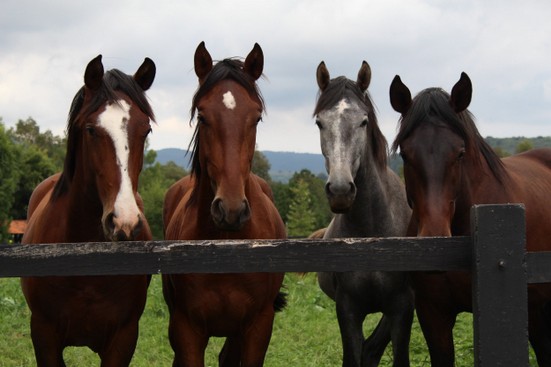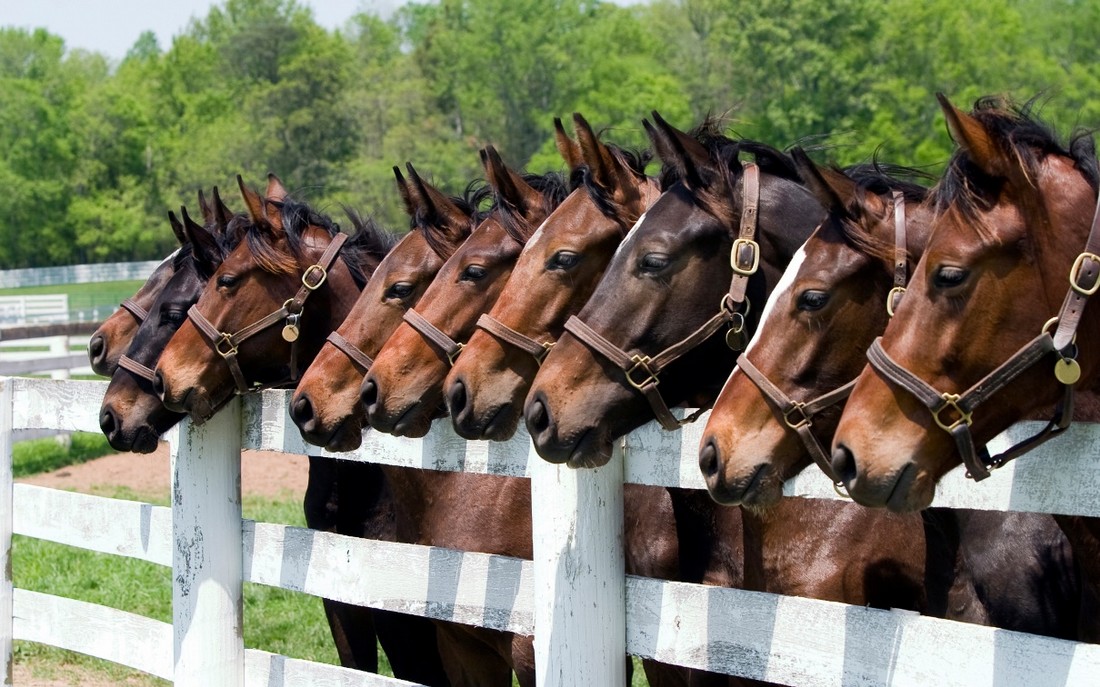About
Lynda Back is a highly skilled equine acupuncturist based in Swannanoa ,North Canterbury. Having spent years honing her craft, Lynda holds a deep understanding of the intricate connections between the body, mind and spirit of horses. Her empathetic approach allows her to establish a profound connection with her equine patients, ensuring a personalised plan for each individual. She has worked extensively with horses involved with Eventing, ShowJumping, Racing, Thoroughbreds and Standardbreds, runs a riding school ‘Sherwood Stables” and has competed successfully in Eventing and Dressage. She has always been interested in an holistic approach for a horse’s wellbeing and recognises that each horse shows individual tendencies and therfore are unique in how they present for treatment.
Acupuncture is an effective method that stimulates the body to heal itself. Horses respond well to acupuncture and improvements should be noticed within a short time frame as the body is naturally always looking to be back in balance.
Most horses require 1 - 2 treatments, with chronic cases needing 3 - 5 treatments to resolve layers of issues.

Acupuncture has been used to treat various medical conditions in humans and animals for more than 3,000 years.
Acupuncture can be defined as the use of thin, flexible, sterile needles inserted at specific points to stimulate the body to heal itself and is a sought after treatment by horse owners due to its demonstrated safety and minimal unwanted side effects. It is well tolerated by most horses and provides a drug-free approach to address musculoskeletal pain and many disorders that can enhance equine performance.
Acupunture points have been found to contain a high density of free nerve endings, arterioles, lymphatic vessels and mast cells. Clinical trials indicate that acupuncture therapy can be effective as a treatment in the following conditions in horses:
- musculoskeletal problems: muscle soreness, back pain, neck pain, obscure lameness, laminitis
- gastrointestinal disorders: diarrhea, impaction, chronic colic, gastric ulceration
- other chronic conditions: anhidrosis, Cushing's disease, infertility, geriatric weakness, skin problems, performance enhancement and prevention of disease
- frequent urination
- gastrointestinal issues
- hormone and reproductive regulation
- immuno-regulation
- behavioural problems
